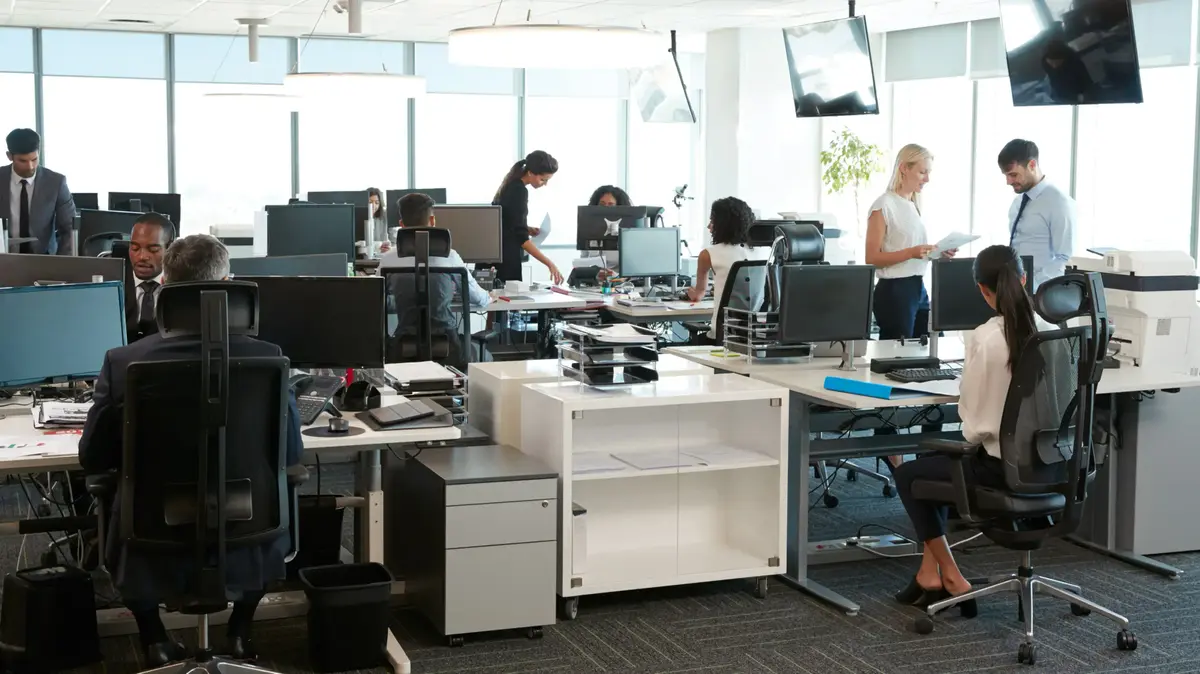Containment has shaken relationships. What about the one that employees have with their employer? An OpinionWay survey for the firm La Garanderie et associés looked at the development of employees' feelings and expectations at the end of this period.
Read also: Pierre Ferracci: "We will have to sustainably support the retraining of hundreds of thousands of employees"
For 67% of those questioned *, the relationship with the employer " remained unchanged " after confinement. Employees who were part-time workers, on the other hand, are more likely to believe that this link has “ weakened ” (26%) more than strengthened (8%). " We were struck to see that a third party has seen a relationship evolve," explains Bertrand Merville, associate lawyer at La Garanderie . A feeling of isolation exists in particular among people who were partially unemployed: this shows that work is a benchmark ”.
Employees who have teleworked are more likely to feel that their relationship has benefited from confinement (19%). After this often conclusive experience, " the question of the proper organization of work will arise," continues Bertrand Merville. The people who are now returning to the company are happy to come to the office; finding the balance will become a subject of social dialogue ”.
Among the employees who welcome their relationship with their employer after confinement, 55% of them felt " supported ", and considered that the measures were " adapted to the situation " (54%). 39% welcome " more open and frank " exchanges . 28% of respondents welcome more flexible hierarchical relationships, especially in companies with more than 50 employees (39%). This is less the case in smaller companies, where only 15% of employees have observed such a relaxation.
Conversely, those for whom the employee-employer relationship suffered from confinement considered that the measures were not suitable (31%) and that they worked “ much more without compensation ” (31%). Finally, many regret not being able to see their colleagues during this period (29%).
Health first
Employees now hope that their employer will be able to preserve the gains. For 48% of them, priority must be given to " health and safety " in the company. 36% of respondents also hope that their employer will make it a point of honor to keep their jobs. On the other hand, men are twice as numerous as women who want the remuneration policy of their company to be put back on the table (27% against 15%).
Professional development takes second place for many of them. Only 14% of employees believe that their employer now aims to " give meaning to their professional activity ", and 9% want it to allow " the development of their skills through training ".
According to Bertrand Merville, this order of priorities is not new. “ Health has been a concern for a long time. Maintaining employment is also a constant ”. The fact remains that many companies risk having recourse to social plans during the economic crisis which is beginning. Law firms are preparing for it. " The HR managers will probably have to do some pedagogy," warns Bertrand Merville. But many employees are ready for it, because the covid-19 has above all revealed, or accelerated, a social transition that has been underway for several years . ”
Read also: Facebook, in turn, has a long-term focus on telework
* representative sample of 1031 people over the age of 18. The survey was conducted via an online self-administered questionnaire on the CAWI system.













